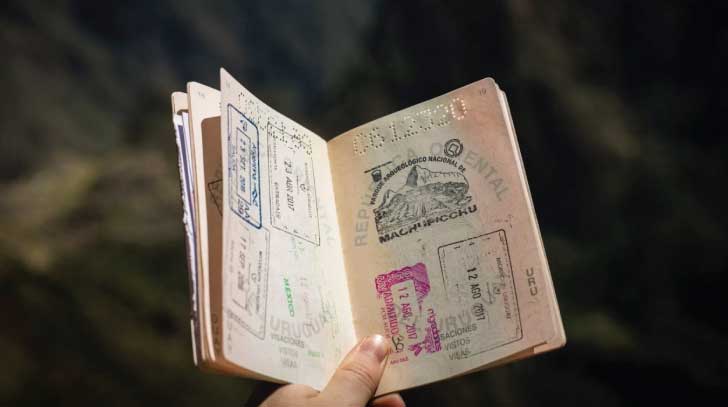California SB 206 would allow college-level student-athletes in California to market their name, image, and likeness without affecting their amateur status. How may the new law, which is in the final phases of approval, affect international student-athletes?
Foreign students enter the United States on F-1 student visas. The terms of this type of visa drastically restrict the ability of the individual to earn money while studying in the United States as an international student.
The F-1 visa is a non-immigrant student visa that allows foreign-born individuals to pursue academic studies in the United States. International students must meet the following criteria in order to qualify:
- The student must be enrolled in an “academic educational program”
- The specific school must be approved by the Student and Exchange Visitors Program, which is administered by Immigration & Customs Enforcement
- The student must be enrolled as a full-time student at the proposed school
- The student must be proficient in English or enrolled in courses leading to English proficiency
- The student must have sufficient funds to be able to support themselves during the entire length of their proposed course of study and stay in the United States.
- The student must maintain a residence abroad that the student has no intention of abandoning
- The F-1 student cannot work, except in specific circumstances regulated under federal law
100% Job Placement Program- Hirin F1 OPT and CPT
OPTnation – USA
Skills: Entry Level, Graduate, OPT, CPT, H4
Job Description: Hiring graduates for training and placement jobs in multiple locations in the USA. Qualifications: B.S or M.S in Computer Science, IT, MBA or related fields… Recent college graduates with no experience or few years of experience preferred…
The terms of the F-1 visa restrict the student from working off-campus during their first academic year.
F-1 students may engage only in three types of off-campus employment: Curricular Practical Training, Optional Practical Training, and Science, Technology, Engineering, and Mathematics Optional Practical Training Extension. All off-campus employment for F-1 students must be related to their area of study and authorised by the Designated School Official before starting any work. An F-1 visa does not authorise any other type of work activity and clearly does not authorise international student-athletes to enter into endorsement agreements to secure remuneration for their name, image, and likeness.
In fact, an international student found to have been working illegally while on an F-1 visa is deemed to have committed a serious violation of the regulations and could result in the student being deported.
The proposed California legislation authorizes student-athletes at all 24 California public and private colleges and universities to market their name, image, and likeness and restricts the ability of the NCAA to prevent student-athletes from participating in any such marketing opportunities.
SB 206 fails to address the predicament of the international student-athlete.
How will the hundreds of international student-athletes participating on California colleges and universities teams benefit from the new legislation? Will the California legislature address this apparent loophole that would restrict an international student-athlete from benefiting from the value of their name, image, and likeness before the bill can be signed into law by Governor Gavin Newsom?
Jackson Lewis’ Collegiate and Professional Sports Practice Group is prepared to counsel colleges and universities on any of the issues that may arise if the SB 206 becomes law.
Source: – https://bit.ly/31EhoyE
Disclaimer: – https://bit.ly/2S00nLJ
SUBSCRIBE TO OUR LATEST UPDATES
[newsletter_signup_form id=1]

